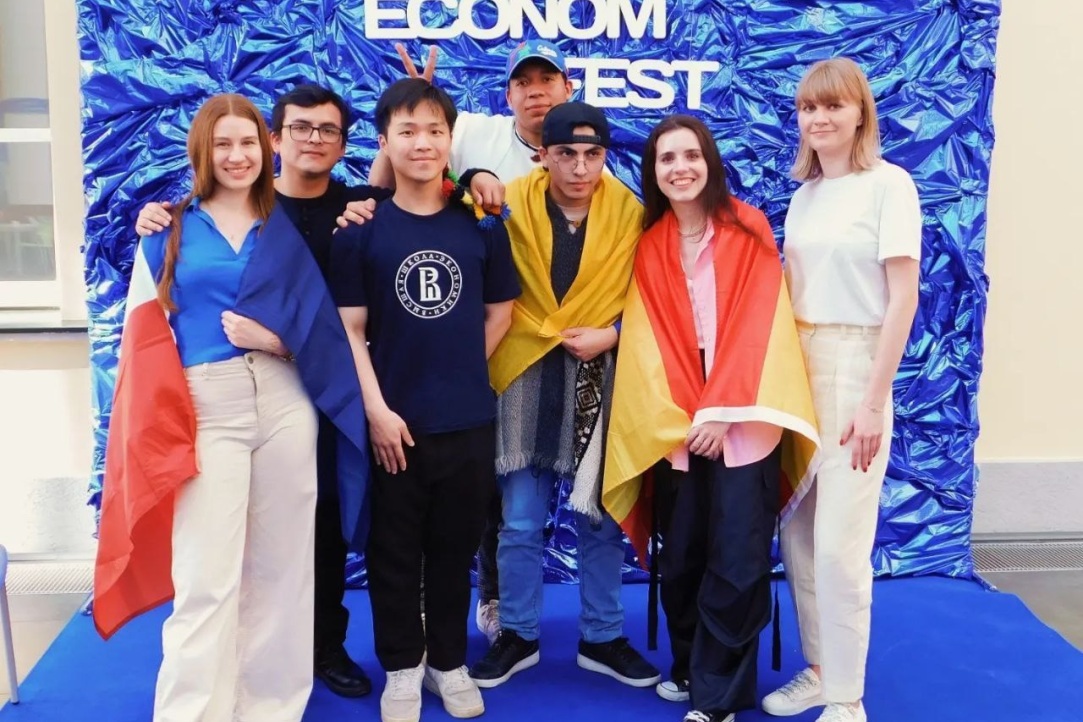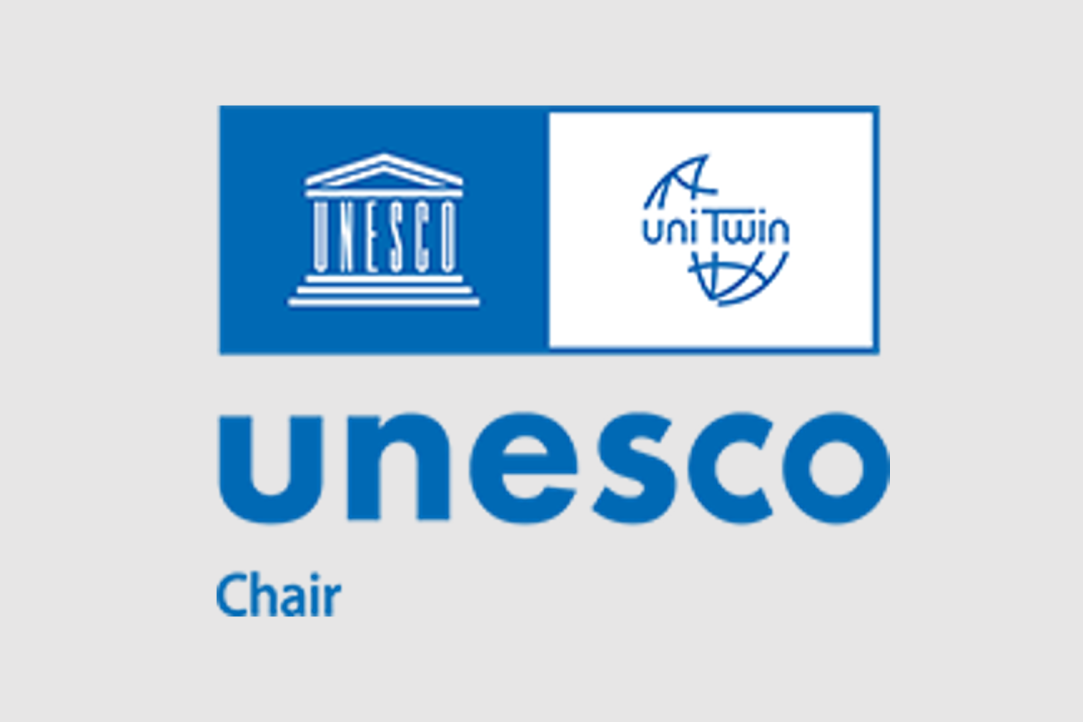
‘We Offer Another Perspective on Latin America—The Culture, Literature, Community, Music, and More’
Boris Senin Carhuallanqui Parian, 31, comes from the small town of San Martin de Pangoa in Peru. After graduating with a Bachelor’s in Industrial Engineering from Continental University, he decided to enrol in the Master’s programme in Science, Technology and Innovation Management and Policy at the HSE University Institute for Statistical Studies and Economics of Knowledge (ISSEK). In his interview, he talks about the application process, the university’s Latin-American Club, and why his studies at HSE can help improve relations between Russia and his home country.

Foresight and STI Governance Maintains Leading Positions in Academic Journal Rankings
The Foresight and STI Governance journal published by the HSE Institute for Statistical Studies and Economics of Knowledge is included in the first (top) level of the Russian White List, which will be applied to assess researchers’ publication activity instead of the quartiles of academic publication rankings. The journal has also improved its performance in the leading international database Scopus which has recently updated its lists of peer-reviewed scientific journals, once again confirming its place in the first quartile (Q1).

‘At the start of our careers, each of us has a huge advantage—the right to still be in the dark about some things and to be learning how things are done’
Valeria Vlasova researches innovations and how they affect the economy and society. Here, she tells the HSE University Young Scientists project when she first got the idea to go into science, where to read about trends in the development of Russian science and innovation and what her everyday life is like.

Dirk Meissner: ‘An Element of Trust Is Essential for an Individual’s Professional Performance and Organisational Knowledge Production’
Cyber attacks exploit flaws in software, human error or misplaced trust. The end goal is to access information, money or to disrupt an organisation. To keep a step ahead of these criminals requires the organisation to have ‘strategic cyber-foresight’, advise Bruno Fischer of the University of Campinas, and Dirk Meissner, of HSE University Moscow. Researchers commented for the R&D Today on the highlights of their Guest Editorial in a Special Section for the IEEE, Transactions on Engineering Management, VOL. 69, NO. 6, DECEMBER 2022, they have curated, that covers cybersecurity.

What Makes Cities Attractive to Innovators?
How do we evaluate the contribution of innovations to urban development? Why do cities need innovation? How do cities attract top talents? These and many other questions were addressed by the participants of the international online discussion ‘Increasing the Innovation Attractiveness of Global Cities: Best Practices’ organised by the HSE Institute for Statistical Studies and Economics of Knowledge (HSE ISSEK) on March 1, 2023. The event also featured the presentation of new outcomes of a global study on urban innovation carried out since 2020.
HSE Institute for Statistical Studies and Economics of Knowledge is featured in Asian Research Policy journal
The Asian Research Policy journal presented information about the HSE Institute for Statistical Studies and Economics of Knowledge and the main activities of the HSE ISSEK.
10 Facts about ISSEK
2022 marked 20 years since the HSE Institute for Statistical Studies and Economics of Knowledge has been founded. To celebrate this 20th Anniversary, we selected key events and facts in ISSEK’s history that sparked reflective discussions in academia, set new milestones for HSE University, or encouraged development in various sectors of the Russian economy and public life.

‘An STI-Accelerated and Informed Future is Possible’
The Twelfth International Academic Conference ‘Foresight and Science, Technology and Innovation Policy’ is kicking off at HSE University on November 22. Alexander Sokolov, chair of the organising committee, talked to the HSE News Service about the evolution of the foresight agenda. Two of the conference speakers, Ibon Zugasti from Spain and Mlungisi Cele from South Africa, shared some highlights of their research.

HSE ISSEK Estimates of Russia’s Creative Economy Are Included in the UNCTAD’s Industry Review
In 2019, Russian creative industries’ contribution to GDP amounted to 2.4%; the creative economy employs 4.9 million people (6.8% of the total national workforce). These measurements of Russia's creative economy obtained by HSE ISSEK were included in the international report ‘Creative Economy Outlook 2022’ produced by the UN Conference on Trade and Development (UNCTAD).

UNESCO Chair on Future Studies Opens at HSE University
In 2022, a HSE University department joined the ranks of UNESCO Futures Literacy Chairs. This builds on the work of the ISSEK International Research and Educational Foresight Centre, and the activity of the Human Capital Multidisciplinary Research Centre. Professor Alexander Sokolov, head of the new department, Director of the International Research and Educational Foresight Centre, and Deputy Director of HSE ISSEK, spoke about the establishment, aims and objectives of the UNESCO Chair on Future Studies.
